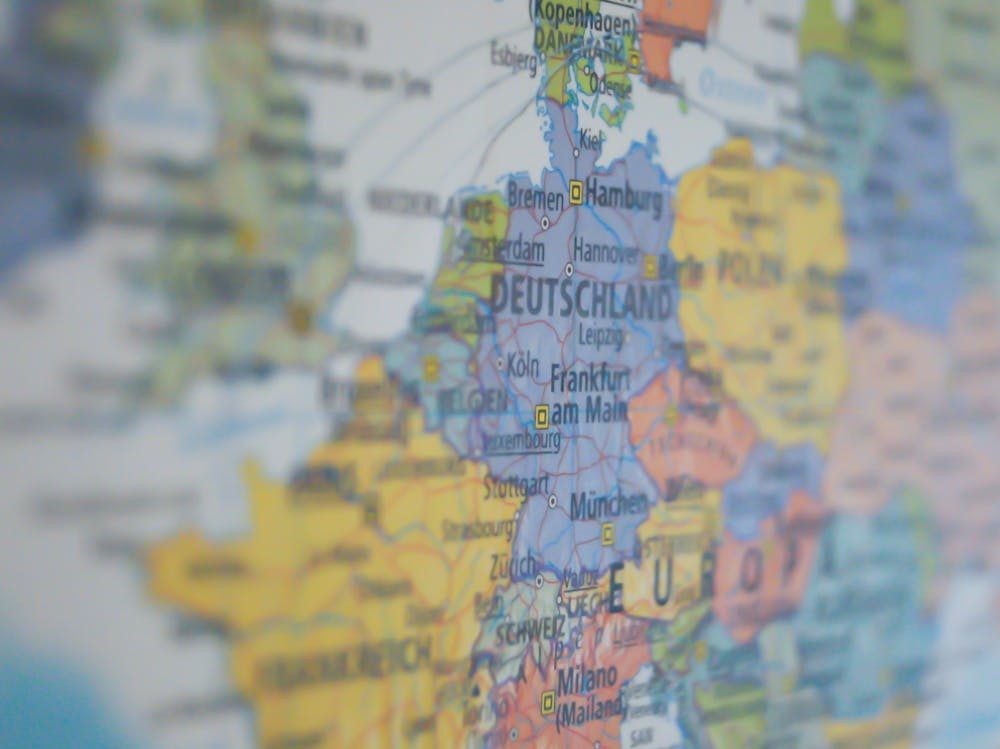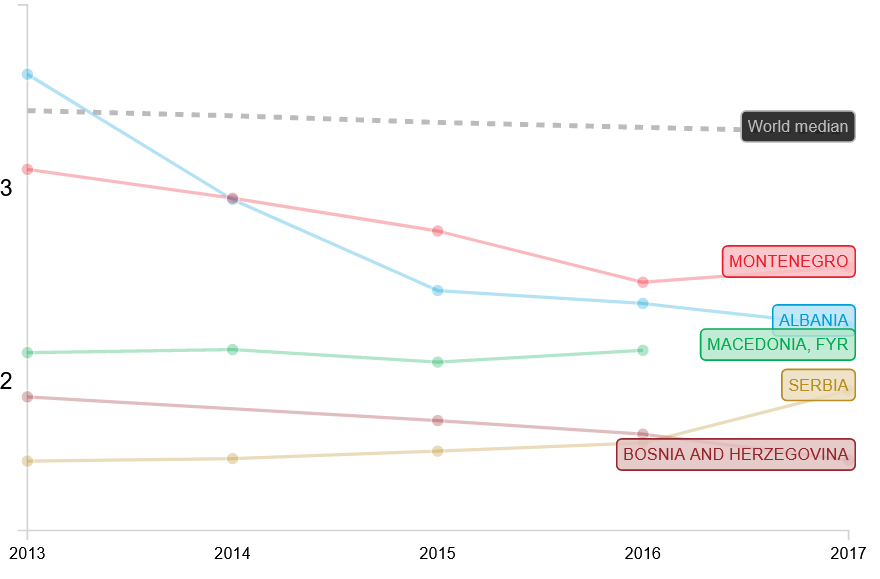Regional Diaspora Knowledge Transfer Initiative

The Regional Diaspora Knowledge Transfer Initiative aims to tap into the potential of the Western Balkans’ (WB) diaspora and encourage brain circulation.
It was created in 2021 under the “Regional Innovation Area” component of the Common Regional Market Action Plan 2021-2024 endorsed by the Western Balkans Leaders.
The Regional Cooperation Council (RCC) facilitates the operations of the regional Working Group on Diaspora since 2021.
By 'diaspora' we mean emigrants and their descendants who actively maintain links with their home communities.
Why Regional Diaspora Knowledge Transfer Initiative?
Brain drain has traditionally been one of the most pressing issues for the entire Western Balkans. The outbound migrations have intensified during the last decade, leaving the region heavily exposed to a range of social and economic challenges.
In addition, the region’s capacity to attract talents is significantly below the world average. As the following chart indicates, all Western Balkan economies (data for Kosovo* not available for the selected period) have been below the world median.
 Economy's capacity to attract talent. Source: World Bank
Economy's capacity to attract talent. Source: World Bank
The diaspora is an important source of financial support to their home communities through remittances. The Covid pandemic has exposed the financial fragility of all WB economies, particularly Albania, Bosnia and Herzegovina, and Serbia. These three economies have seen the largest remittance losses considering the size of their diasporas.
The Regional Diaspora Knowledge Transfer Initiative's objective is to encourage diaspora experts transfer knowledge back to their home communities. By mobilising skills from the diaspora and building capacities home communities can foster innovation and entrepreneurship.
Also, the diaspora can assist in attracting foreign direct investments and boosting economic recovery in the post-Covid world.
In addition, an initiative can strengthen institutional capacities of the region's governments to fully coordinate diaspora affairs.
An initiative will deepen regional economic cooperation and integration in the EU Internal Market owing to transfer of knowledge and experiences from the WB diaspora residing in the EU Member States.
Why large-scale cooperation is lacking?
Both governments and civil-society sector had introduced numerous diaspora initiatives in recent years. Some of them reaped very good results.
Diaspora can be powerful agents of development thanks to their unique transnational understanding and mobility.
However, systematic policies to harness this potential are still not in place.

This is not the case only in the WB. At the level of the European Union dialogue and collaboration between diaspora and home communities were fragmented, often focusing on bilateral cooperation.
Overall, the key challenge is how to build trusting relations between home communities and the diaspora.
While there are no secret recepies to building trust, honest communication and exchanges should be the starting point. Building trust takes years and strong political commitment.
Some of the most effective ways to build trust requires simple matching of various diaspora organisations and policy-makers.
Such exchanges can educate the government about the needs and wants of the diaspora. Quite often, the diaspora is perceived as the source of remittances only.
But there is much more to it.
From vicious to virtuous circle
Outbound migrations are sometimes explained as a vicious circle metaphor. The more skilled and highly-educated people leave, the more pressure is on the labour market.
The less skilled labour force, the more difficult it gets to attract investments that expect some level of productivity. This is particularly important for foreign direct investments (FDI).
An effective communication between all parties involved can significantly boost mutual understanding and build trust.
Also, the governments could benefit by engaging diaspora in various activities, from cultural exchanges to education programmes to attracting investments.
We have seen some similar conclusions in the first Regional Diaspora Forum, For example, matching the diaspora with local communities, introducing programmes that leverage the power of digital or heavy promotion of diaspora related initiatives.
